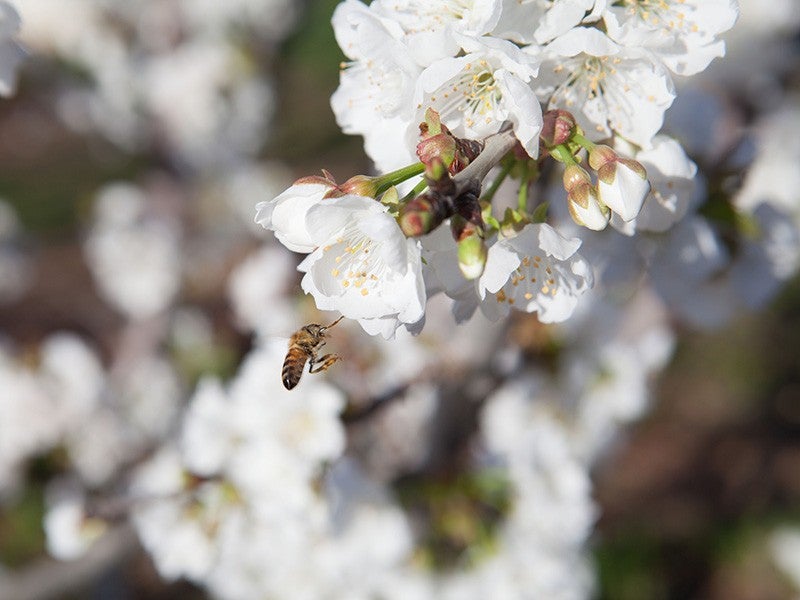Challenging Approval of Streptomycin as a Pesticide on Citrus Crops
The practice of spraying antibiotics on trees has proven highly ineffective in combating citrus greening disease or citrus canker, and it can drive antibiotic resistance in bacteria that threaten human health.
Case Overview
A coalition of public interest groups, including farmworker, health justice and conservation organizations, sued the Environmental Protection Agency for approving widespread spraying of streptomycin, a medically important antibiotic, on citrus trees to prevent or treat citrus greening disease or citrus canker.
The practice of spraying antibiotics on trees has proven highly ineffective in combating these diseases, and it can drive antibiotic resistance in bacteria that threaten human health. The lawsuit was filed in the 9th Circuit Court of Appeals.
The EPA failed to ensure that the approved uses of streptomycin as a pesticide would not cause unreasonable harm to human health or the environment and failed to adequately assess impacts to endangered species, according to the lawsuit.
Streptomycin is banned from use on crops in many countries. The Centers for Disease Control and Prevention and the Food and Drug Administration have expressed concerns about the use of medically important antibiotics as pesticides and have spoken out publicly against it.
The agency’s decision greenlights the use of more than 650,000 pounds of streptomycin on citrus crops in Florida and California alone. By contrast, the United States currently uses only about 14,000 pounds of aminoglycosides, the antibiotic class that includes streptomycin, for medical purposes each year.
Recent research suggests that antibiotic resistance is on the rise nationally, with an estimated 162,000 people in the United States dying each year from antibiotic-resistant infections.

Case Updates
Case page created on April 14, 2021.
